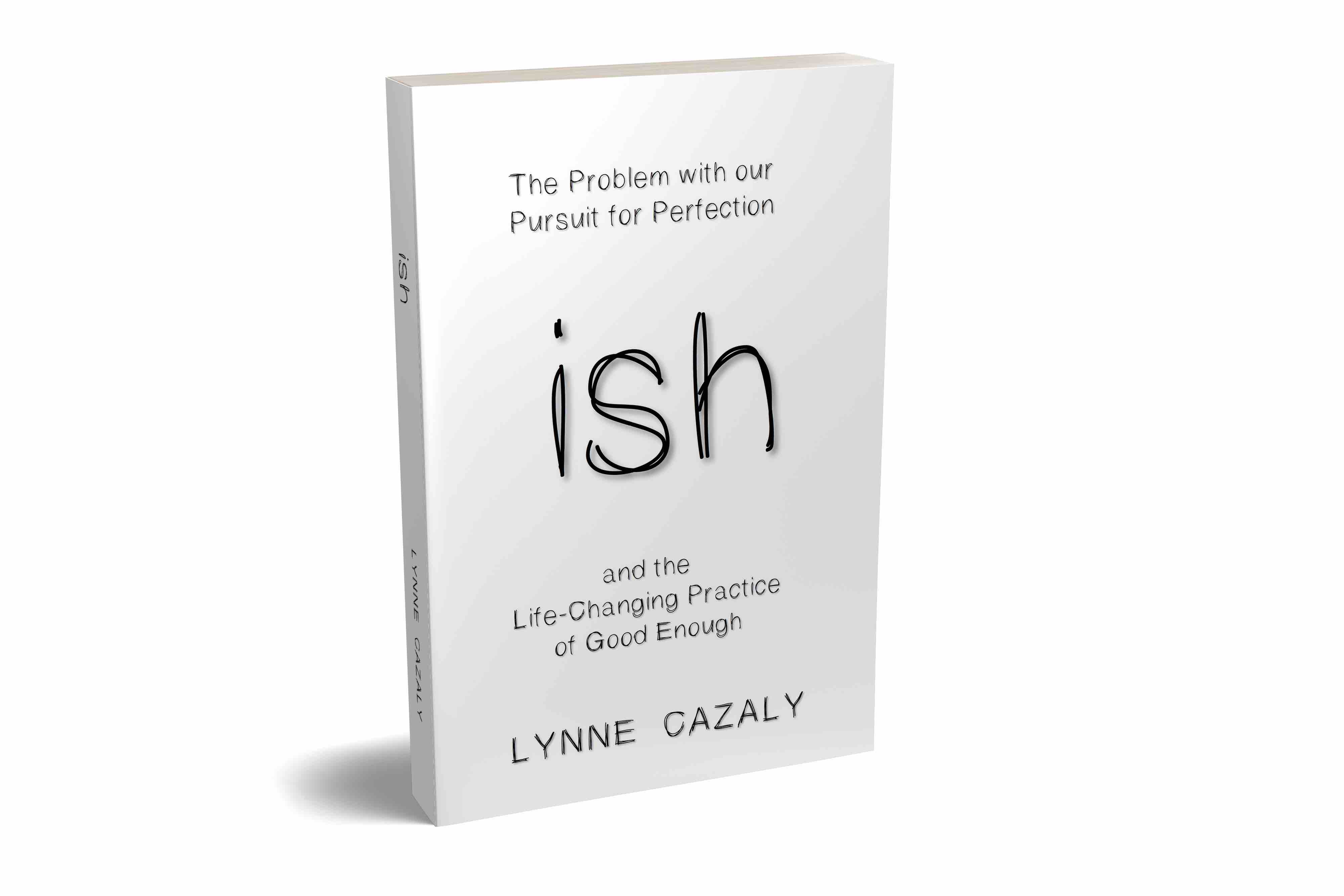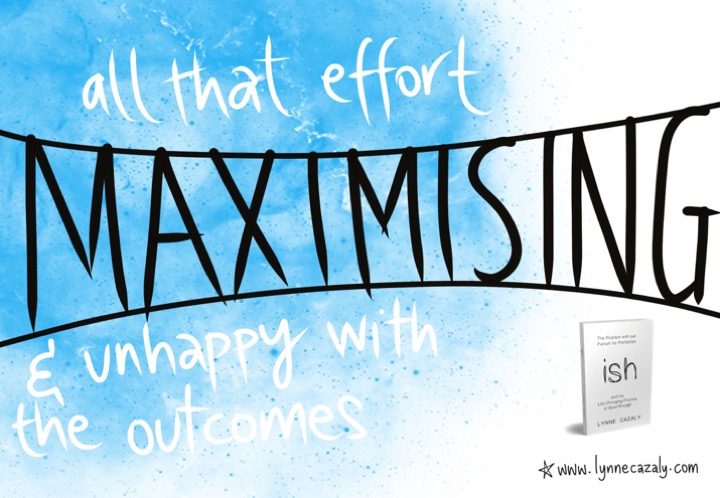What is the vital work?
 Wednesday, September 15, 2021 at 3:40PM
Wednesday, September 15, 2021 at 3:40PM 
The Pareto Principle suggests that 80% of the consequences come from 20% of the causes.
‘The vital few’ - as the 20% part is often referred to - is worth finding.
It’s worth finding in our efforts, our ideas, decisions, choices, actions and behaviours.
So what would be your ‘vital work’?
What’s the stuff that’s really truly worth doing? Worth doing because it delivers such a return, you’d be crazy not to do it.
But wait ... we can spend plenty of time dong anything BUT ‘the vital work’!
We dance around the edges, pffft about with busy work, rework things that are already done and stall and delay ... rather than hit the vital work with focus.
If you can spend even a few minutes at your next meeting, in the team workshop or at the quarterly planning session focusing on the vital work, you’ll be spending time wisely.
And a daily - or hourly - check of our to do list can also help reveal whether we are working on the vital, valuable work.
Now ... we just need to identify WHY it’s valuable, why it’s vital.
It probably delivers great impacts, results and outcomes.
A hefty 80% of them!




















